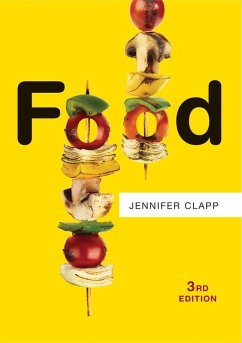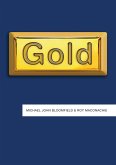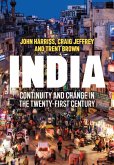Dieser Download kann aus rechtlichen Gründen nur mit Rechnungsadresse in A, B, BG, CY, CZ, D, DK, EW, E, FIN, F, GR, HR, H, IRL, I, LT, L, LR, M, NL, PL, P, R, S, SLO, SK ausgeliefert werden.
Frances Moore Lappé, author of Diet for a Small Planet and co-author of World Hunger: 10 Myths
"The global food economy may seem remote from daily experience, but Jennifer Clapp explains how it affects every aspect of what we eat and, therefore, our health and welfare. Best of all, she provides the information and tools advocates can use to redesign the global food economy to promote fair trade, food justice, and food sovereignty."
Marion Nestle, Professor of Nutrition, Food Studies, and Public Health at New York University, and author of Soda Politics
"In the third edition of this invaluable text, Jennifer Clapp synthesizes the latest literature in a rapidly changing and vital field, in ways that are rigorous, accessible, and always thought-provoking. From the end of the Second World War to the thick of the climate emergency, Food tells the story of the modern food system with signature clarity and sophistication."
Raj Patel, University of Texas at Austin
"Food is detailed, it is engrossing, and it is clear. The documentation of the political and economic motivations that have shaped the current food system over the past decades is enlightening for the scientific food community and the general public."
Nature Food









